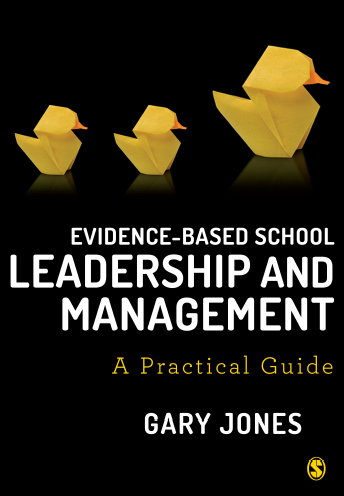At the start of term there is normally an unusual number of birthday cakes in school staffrooms, as colleagues who have had birthdays over the summer break bring cakes into school for a belated birthday celebration. However, if you are school research lead or champion, what you really need to share with colleagues is something known as a ‘causal cake.’ The concept of a ‘causal cakes’ is particularly useful as it will help you get a better idea of the knowledge needed to help you make reliable predictions as to whether interventions that worked ‘somewhere’ will work ‘here’ in your school. So to help you do this - I’m going to draw upon the work of Cartwright and Hardie (2012) and their work on casual cakes and support factors
Causal cakes, reading scores and homework
Cartwright and Hardie use research about an attempt to improve reading scores through the introduction of homework (we are going to make the assumption that under the right conditions this intervention will work and improve reading scores). Cartwright and Hardie use the metaphor of a cake to describe what needs to be in place – the ingredients - if an intervention/policy is to work. For example for homework to contribute to higher reading scores then you will need:
•Student ability
•Study space
•Student motivations
•Homework
•Consistent lessons
Supportive family
•Work feedback
•Other
Put simply, the cake is just an picture of the list of the ingredients i.e. support factors required if homework is going to play a part in improving reading scores

However, just like the start of term when there will be more than one birthday cake brought into the staffroom, you need to remember that there may well be more than one causal cake contributing to improved reading scores.
Smaller classes and the causal cake for improved reading scores
Cartwright Hardie go on to discuss how alongside the use of homework, that a school may decide that another way to improve the reading scores is through having smaller class sizes. This causal cake might have these ingredients
•Smaller classes
•Space in which to have the smaller classes
•Sufficient qualified teachers
•Other

Special needs teaching and the causal cake for improved reading scores
However, this approach may have a detrimental impact on another causal cake contributing to improved reading scores, with the following ingredients/support factors
•Special needs teaching
•Space
•Other

The reduction in class size may lead there to a reduction in the high quality space for necessary for special needs support, therefore reducing the positive contribution to the overall reading score effect of special needs support
As Cartwright and Hardie note there is more than one cake that can contribute to improved reading scores. Indeed, some cakes might be more effective and less costly than others. On the other hand, a new intervention or approach may add negative contributions or remove factors that would otherwise have made a positive contribution. This is particularly important as the issued of negative side-effects has often been overlooked in educational research, Zhao (2018).
So what does this mean for you as a school research lead?
When thinking about implementing an intervention or new policy within you school, it would be worthwhile to think about the following questions
What support factors have to be present if the intervention is to produce positive outcomes?
Will the intervention play a positive role in supporting other interventions?
Will the intervention play a negative role in ‘supporting’ other interventions and contribute to negative outcomes?
If the support factors are not all there, what happens? Nothing? Or less? Or something bad?
Does the absence of a support factors turn a good cake into a bad cake? Or vice versa?
Are there other ways, other interventions, that produce the same results. What support factors are necessary? Adapted from Cartwright and Hardie (2012) - (p73)
And finally
Remember, when someone makes a cake it's not just the ingredients that determine how good the cake is, the skill of the baker also plays a major role. So just getting the ingredients together for a n intervention will not in itself be enough, the intervention will need to be implemented with a high level of skill and expertise.
References
Cartwright, N. and Hardie, J. (2012). Evidence-Based Policy: A Practical Guide to Doing It Better. Oxford. Oxford University Press.
Zhao, Y. (2018). What Works May Hurt—Side Effects in Education. New York. Teachers College Press.

My new book due out October 2018 Evidence-Based School Leadership and Management: A practical guide https://uk.sagepub.com/en-us/nam/evidence-based-school-leadership-and-management/book257046
